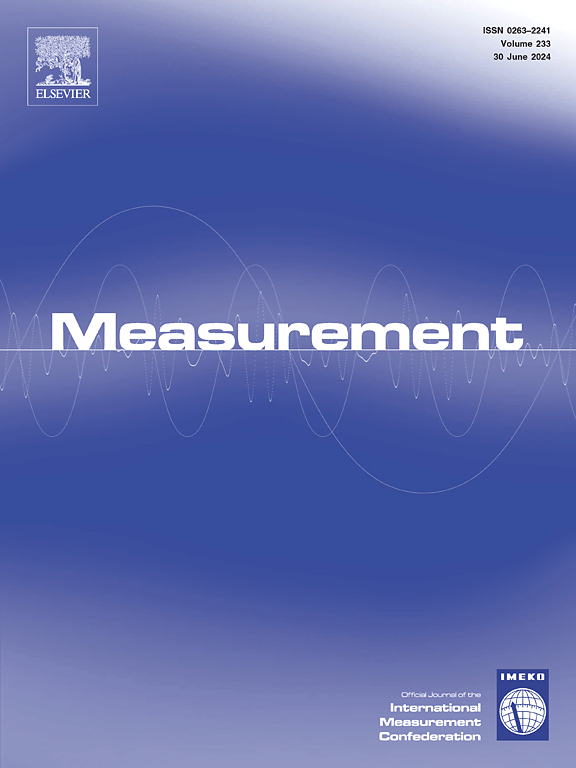A novel test items evaluation method for mixed-signal system-on-chips based on extra information gain cost
IF 5.2
2区 工程技术
Q1 ENGINEERING, MULTIDISCIPLINARY
引用次数: 0
Abstract
As system-on-chip (SoC) grow increasingly complex, the number of test items required for accurate characterization continues to rise. However, the high test time necessitates efficient test process optimization. Although several studies have explored in digital chips, where test data are more accessible and scan chains enable efficient defect localization, these methods are often ineffective for analog chips. In mixed-signal SoC tests, advanced optimization algorithms typically rely on the posterior probability knowledge, which is usually unavailable under the stop-on-first-failure mechanism. To overcome these limitations, this paper proposes a novel test items evaluation method by introducing an extra information gain cost (EIGC) index. The proposed method is based on correlation analysis, where each test item is assessed throughout the entire test process without relying on failed chips’ database. It is validated through experiments on the final test and binning process of two mixed-signal SoC designs. Results demonstrate that reordering test sequences and pruning redundant test items based on the EIGC index can achieve a significant reduction in test time without defective chips escaping. To the best of our knowledge, for the first time, such an index is introduced to evaluate the SoC test items under stop-on-first-failure mechanism without requiring posterior probability knowledge.
一种基于额外信息增益代价的混合信号片上系统测试项目评估方法
随着片上系统(SoC)变得越来越复杂,准确表征所需的测试项目数量也在不断增加。然而,高测试时间要求有效的测试过程优化。尽管一些研究已经在数字芯片中进行了探索,其中测试数据更容易访问,扫描链能够有效地定位缺陷,但这些方法通常对模拟芯片无效。在混合信号SoC测试中,先进的优化算法通常依赖于后验概率知识,而在先故障即停止机制下,后验概率知识通常是不可用的。为了克服这些局限性,本文提出了一种引入额外信息增益成本(EIGC)指标的新题型评价方法。该方法基于相关分析,在整个测试过程中对每个测试项目进行评估,而不依赖于失败芯片的数据库。通过对两种混合信号SoC设计的最终测试和合并过程进行实验验证。结果表明,基于EIGC索引对测试序列进行重新排序和对冗余测试项进行修剪可以显著减少测试时间,且不会导致缺陷芯片逃逸。据我们所知,这是第一次在不需要后验概率知识的情况下,引入这样一个指标来评估先故障停止机制下的SoC测试项目。
本文章由计算机程序翻译,如有差异,请以英文原文为准。
求助全文
约1分钟内获得全文
求助全文
来源期刊

Measurement
工程技术-工程:综合
CiteScore
10.20
自引率
12.50%
发文量
1589
审稿时长
12.1 months
期刊介绍:
Contributions are invited on novel achievements in all fields of measurement and instrumentation science and technology. Authors are encouraged to submit novel material, whose ultimate goal is an advancement in the state of the art of: measurement and metrology fundamentals, sensors, measurement instruments, measurement and estimation techniques, measurement data processing and fusion algorithms, evaluation procedures and methodologies for plants and industrial processes, performance analysis of systems, processes and algorithms, mathematical models for measurement-oriented purposes, distributed measurement systems in a connected world.
 求助内容:
求助内容: 应助结果提醒方式:
应助结果提醒方式:


